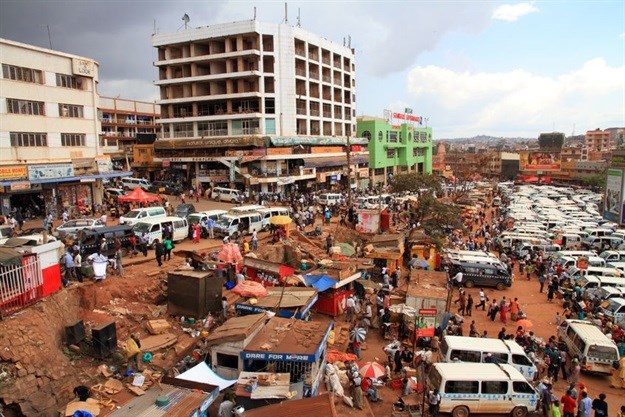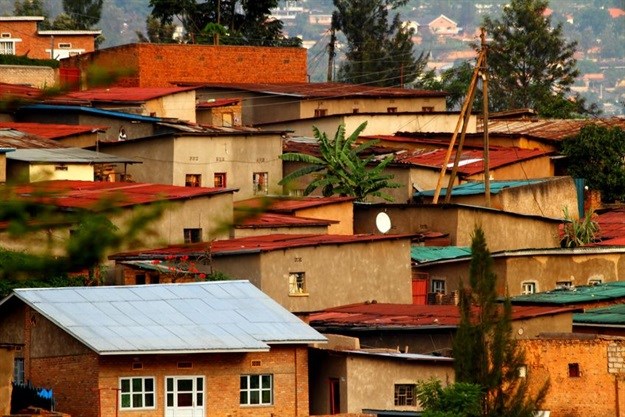
Top stories






More news















Some of these fast-growing cities are also among the world’s poorest. When South Sudan achieved independence in 2009 its capital, Juba, had only 1km of paved road. The largest slum in Africa is found on the periphery of Nairobi, Kenya’s capital. Somalia’s Mogadishu, Burundi’s Bujumbura and Juba remain extremely violent places.

The pace of urbanisation and high incidence of poverty pose a serious challenge for East African policymakers. Inadequate urban infrastructure is facing further stress from rapid population and economic growth. This has resulted in the rapid growth of informal settlements on the edge of cities. The settlements are under-serviced, lacking basics like clean water, adequate sanitation and modern energy. Their residents are highly vulnerable to the impacts of climate change.
New research conducted in the Rwandan capital of Kigali has identified a wide range of economically attractive investments in renewable energy, energy efficiency and waste management. This work shows that East Africa can pursue more sustainable patterns of urban development without sacrificing economic growth.
The research identified a range of low-carbon measures available in Kigali that offer a return of 5% or more per year. These measures include:
If all of these measures were adopted, the city could reduce its emissions by 39% by 2032, relative to business-as-usual trends. These investments would therefore more than halve the rate at which emissions will increase over the next 15 years. This suggests that cities in East Africa can meet growing demand for modern energy in a relatively climate-friendly way.
If Kigali successfully implements these measures, it would reduce its energy expenditure by US$173 million. This would allow the city to pay back any loans, with interest, within six years, while the investments would continue to generate annual savings for their lifetime. The challenge will be to mobilise the $920 million in capital expenditure needed to realise these opportunities.
The research only quantifies the emission reductions and monetary returns for investors. But low-carbon urban development offers much wider benefits.
Establishing bike lanes and expanding bus networks could enhance mobility, improve air quality and reduce dependence on imported fuel. Improved charcoal stoves and greater use of solar lighting could reduce the risks of burns, improve indoor air quality and offer better light in people’s homes. Investing in methane capture for electricity generation could provide a new source of revenue for the city, which could be used to finance better waste collection.
The challenge for policymakers is to ensure that the potential co-benefits are enjoyed by the urban poor. If this can be achieved, climate action in Kigali could support more sustainable and more inclusive economic development.
Interviews with Rwandans from national government, local authorities and businesses suggest that delivering these benefits will require action from policymakers.

For example, bus companies are willing to invest in expanding services, but need longer contracts with the city council to reduce the business risk. Entrepreneurs are looking to roll out electric motorbikes to Kigali, but they are concerned that these are not properly regulated under the city’s transport code. Households are eager to purchase solar home systems and water heaters, but do not have the upfront capital and therefore need enabling financing mechanisms to help investment.
Policymakers must also take a strategic approach to support low-carbon investment. Most of Kigali’s current mitigation potential lies in the waste sector, because using waste to generate electricity reduces emissions both from the decomposition of waste and from consumption of fossil fuels. But in the future, emissions from buildings and transport will be responsible for a much larger share of Kigali’s carbon footprint – and it is much harder to retrofit these sectors with low-carbon options.
For policymakers, these findings should be seen as both a warning and an opportunity. If urban growth is poorly managed, Kigali faces urban sprawl and high dependence on fossil fuels. But by pursuing low-carbon options today, policymakers can avoid being “locked in” to high emissions and energy bills.
Africa has famously leapfrogged landline telephones and jumped to mobile phones. In the same way, cities like Kigali and Kampala can avoid dependence on cars by setting up good cycling and bus infrastructure, and minimise demand for air conditioners by constructing more energy-efficient buildings.
Responding to climate change is a challenge for cities all over the world. It is particularly complex in East Africa, where municipal governments are already grappling with rapid urbanisation and widespread poverty. But the potential benefits are immense. Hopefully the presence of a compelling economic case for mitigation will help to unlock the public, private and climate finance necessary for cities like Kigali to pursue low-carbon urban development.![]()

The Conversation Africa is an independent source of news and views from the academic and research community. Its aim is to promote better understanding of current affairs and complex issues, and allow for a better quality of public discourse and conversation.
Go to: https://theconversation.com/africa